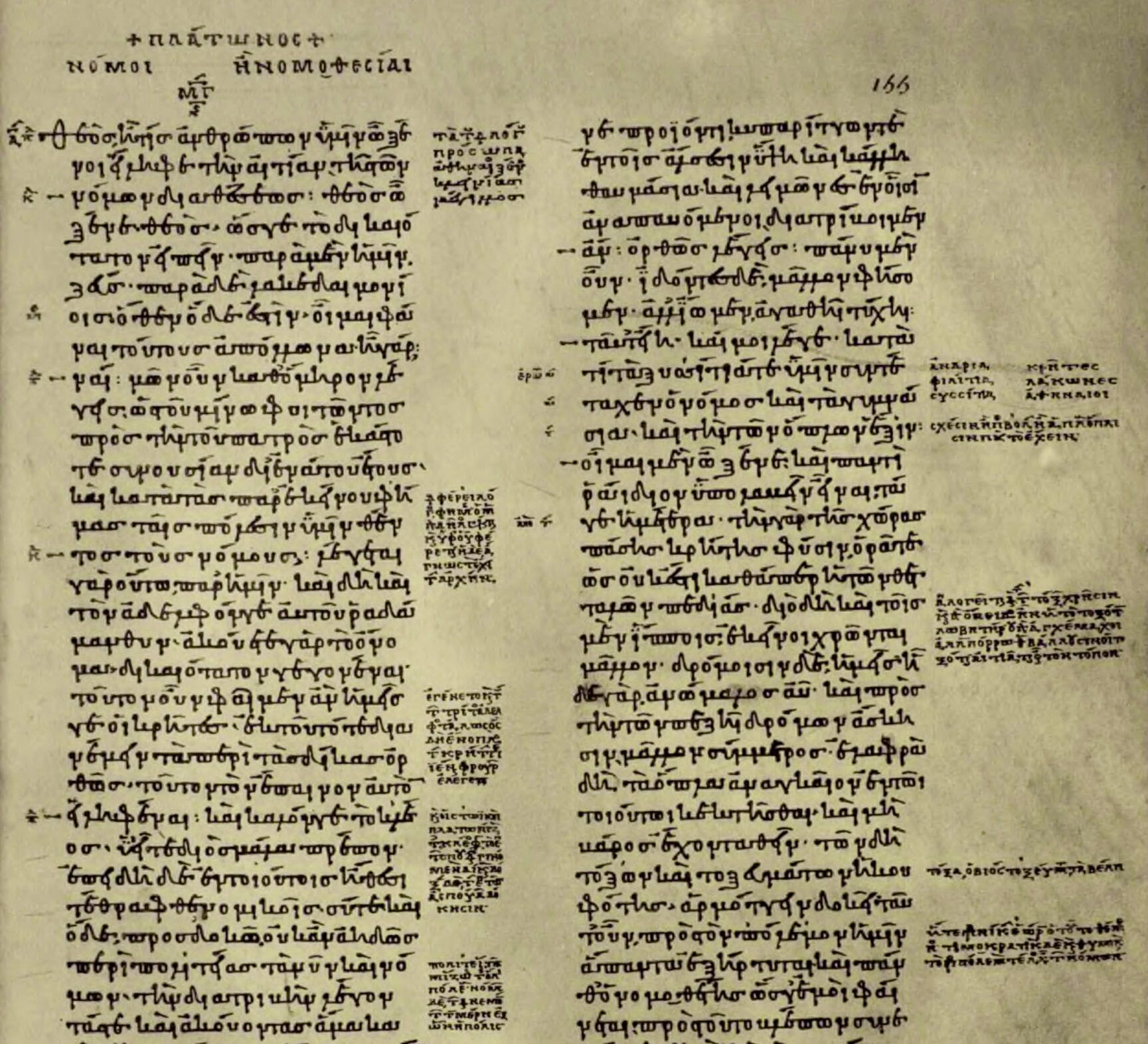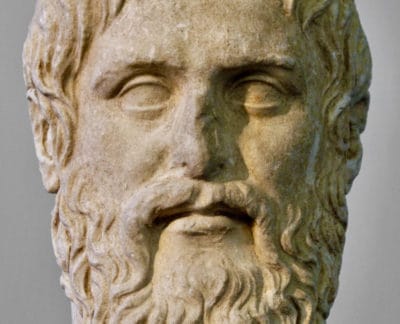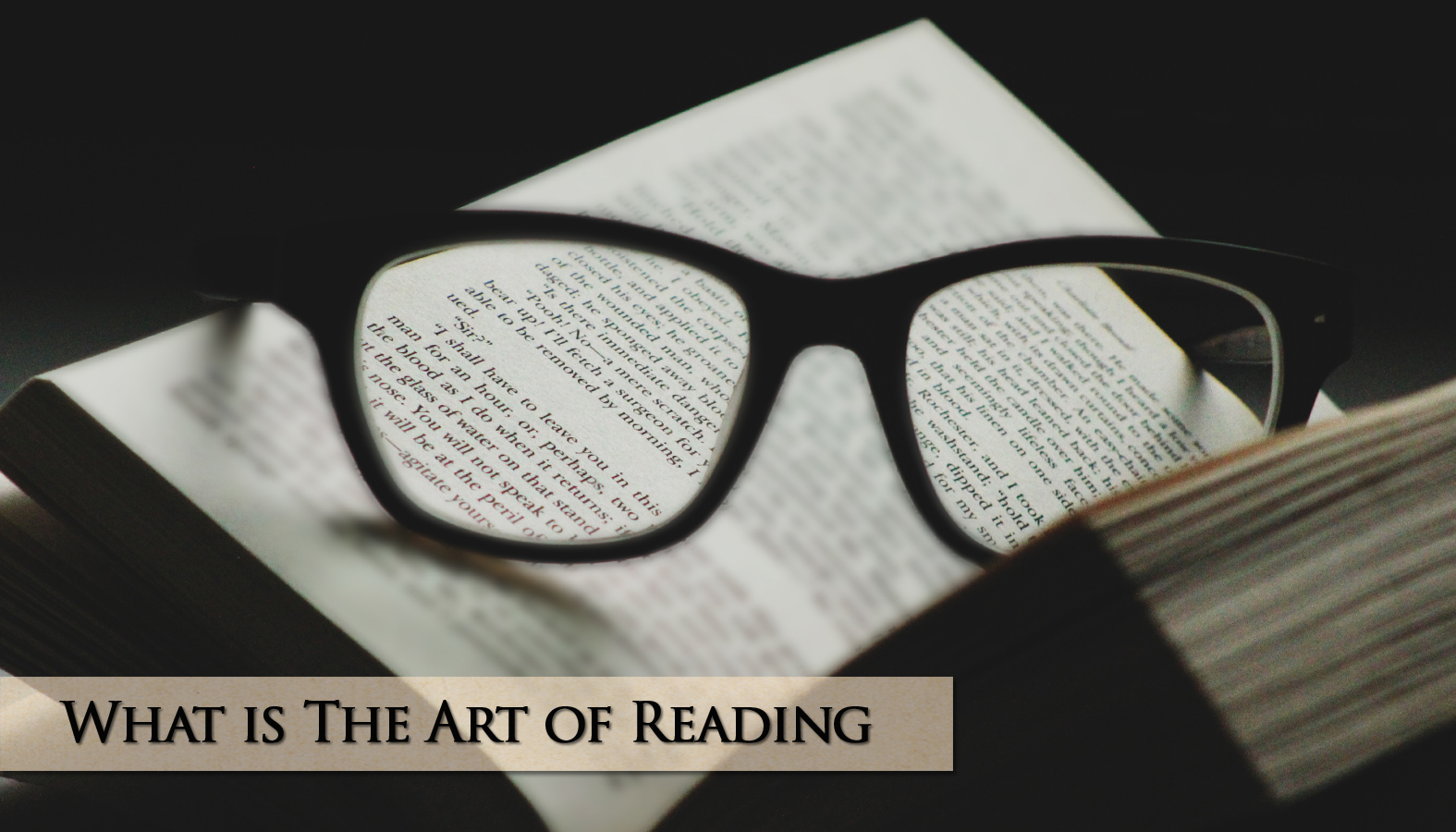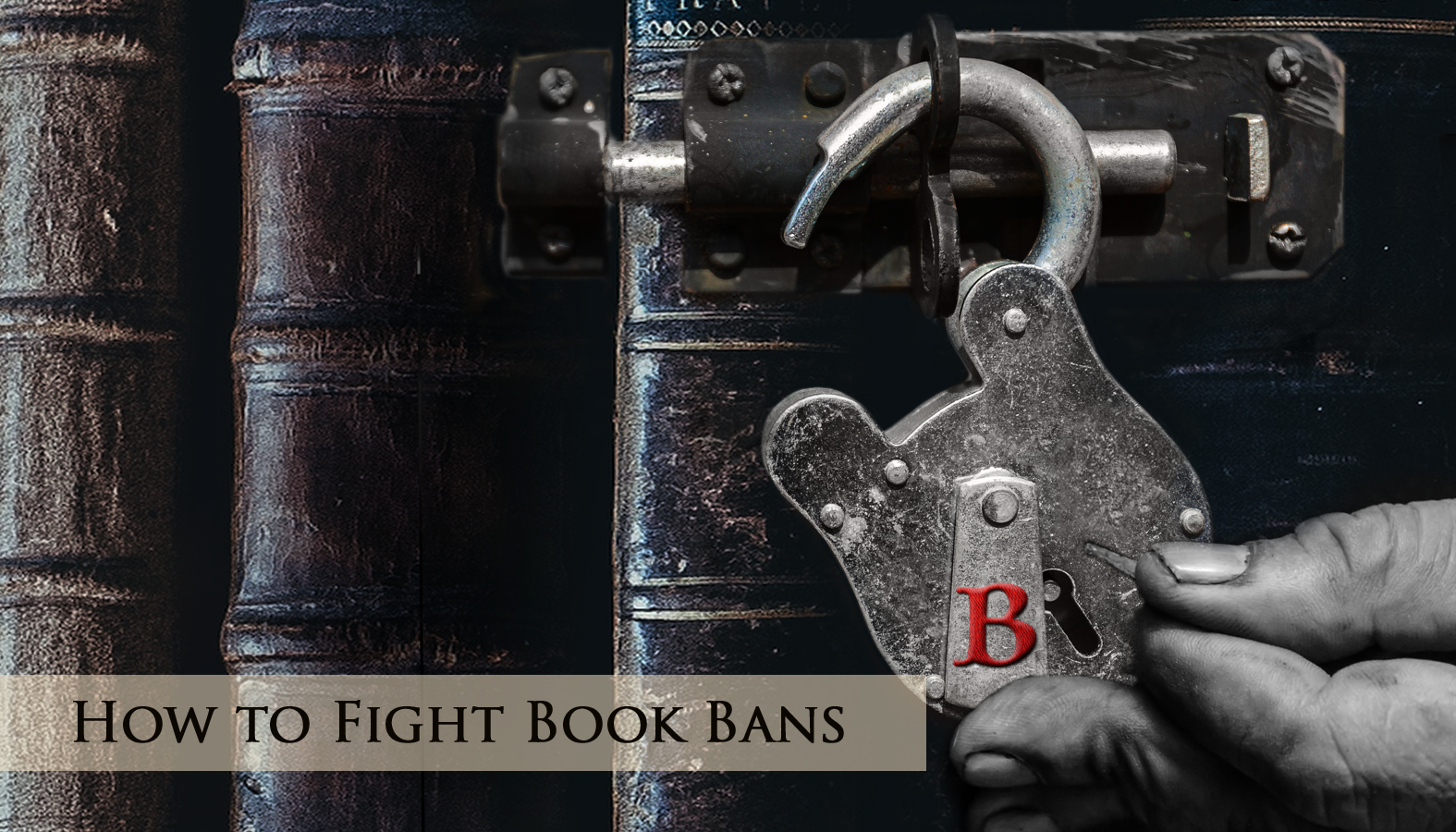Back to School in Plato’s Republic: Lesson Plan, or Censorship?
 C
Censorship. It’s increasing at an alarming rate. Like a lot of other topics, Plato has a lot to say on the subject. What is his perspective on the matter, and is it still relevant? This piece from guest essayist Boaz Roth offers some insight into those questions.
…
.
What is Justice?
The Question at the Heart of Plato’s Discussion.
Many have an opinion of what the Republic is, but here’s an opinion of what it is not. It’s not “Plato’s blueprint for politics.” For starters, Plato never lends his own voice to what’s described in these pages. Socrates does the heavy lifting here. Is Socrates’ voice Plato’s? Perhaps. But is Hamlet’s voice Shakespeare’s? Or Lear’s? Or Cleopatra’s? Or MacBeth’s? Or Juliet’s? The easy assumption to make is that a character “speaks” for an author. But it is an assumption, and one we might want to be wary of here, especially since Socrates — in one famous passage — claims that all learning is recollection, and his role is to help others recollect rather than “instruct.”[1] For stark contrast, consider how Plato’s student Aristotle shares his normative and descriptive views about politics in a book fortuitously named The Politics.
More telling, however, is the context of the dialogue. The discussion in The Republic doesn’t begin as an examination of politics. This conversation starts because the participants wish to understand what justice is. So, Socrates presents the following claim:
![]() since justice in a human being resembles justice in a city, and since a city is much larger than a human being, if we examine a city from its birth we’ll locate this image of justice.[2]
since justice in a human being resembles justice in a city, and since a city is much larger than a human being, if we examine a city from its birth we’ll locate this image of justice.[2]
Modern readers are understandably put off by what Socrates and company suggest will bring harmony to this ideal city. It certainly seems like a roadmap to totalitarianism. But, we should be attentive that this city is hypothetical (perhaps in the most literal sense of its Greek roots[3]) as we examine Socrates’ attack on Homer.
…
What Does a City Require?
The first city Socrates and his fellow guests scrutinize provides little more than basic needs.[4] In this community, one person provides food for all, another provides clothing, and another shelter. With only four or five pitching in together, a city can arise.[5] Soon, however, a need for artisans emerges. But, as long as one person takes care of one job and supplies goods or services to others, the community will endure. Naturally, Socrates adds, this city would want herdsmen and importers, so check off two more groups of providers. And, since a common item is needed to exchange the value of labor, we now have the birth of money.[6] Merchants and laborers are soon added to make the city even more self-sufficient.
At this point, Socrates asks if justice is now visible in the city. Before the question is answered, a young participant chimes in and claims no one would ever want to live in such a city. It lacks the luxuries that all people (well, probably those in the refined class of men having this discussion) desire. So, Socrates suggests that the project will remain the same, but rather than seek justice in the city of basic need, they’ll examine it in the city of luxury.[7]
The dialogue then embraces an undeniable principle of political economy. If the city must provide for the wants of its citizens and not just their needs, it will need to expand and take resources away from other cities. This means war. And now, a new group is required in the city – “guardians.”[8] These warriors will both attack other cities, and defend the home city. But, their existence causes a huge problem.
Guardians must be aggressive to fight off enemies abroad, but gentle to citizens at home. Socrates suggests that in disposition, these soldiers must be like dogs who are loving to family members but violent towards those outside the family.[9] Such a combination of attributes is rare, if not impossible, to find naturally in human beings, so the guardians’ education requires great care. Since they’re encharged with the city’s survival (and growth), the guardians cannot grow up being exposed to just anything. And it is here, finally, that Socrates takes on Homer.
…
How Should a City’s Guardians Be Educated?
In addition to “gymnastics” for the body[10], Socrates insists the education of future guardians requires “music” for the soul.[11] Immediately, Socrates asks the question that guides all that follows: “Will we really allow the children to hear formative stories by just anyone, and take into their souls opinions mostly opposite to what we think they need to know when they become adults?”[12]
Socrates soon declares that the city will “supervise”[13] the poets, and either permit or dispose of works based on this principle. Then, Socrates brings up the name that will haunt the next section of the dialogue – Homer.
It’s not a problem that Homer (and Hesiod) has created false tales, but the content matters. From the start, Socrates takes aim at the content in the formative poems of the Greeks, specifically the depiction of gods and human beings. Hesiod’s tales of the wars between Uranus and Cronus, and the later fables of Cronus fighting Zeus and others, need to be kept from the young, even if they’re true.[14] In a word, no stories of infighting should cross the ears of the future guardians. They need to be told that it is most shameful[15] for a member of the community to attack another. The only sanctioned stories are ones that reinforce loving bonds in the city – not Zeus throwing Hephaestus off Olympus.[16]
Socrates pushes ahead, and says the only works the poets can compose must show the gods as the source of all that’s good in the world but not as the cause of strife.[17] Likewise, no stories of gods shifting their shapes are permitted. Since gods are beautiful to begin with, any change would constitute a step away from their physical perfection.[18] Moreover, anything that smacks of a lie from the mouth of a god would also have no place in the guardians’ education.[19] As this section (the end of book two) comes to a close, Socrates sums up his argument so far:
![]() …to any [poet] saying such things about the gods…we will not allow our teachers to use him in the education of the young, if our guardians intend to be godlike and god fearing, insofar as that is possible for human beings.[20]
…to any [poet] saying such things about the gods…we will not allow our teachers to use him in the education of the young, if our guardians intend to be godlike and god fearing, insofar as that is possible for human beings.[20]
If a work doesn’t contribute to revering the gods of the city, that work needs to be banned, Socrates seems to say.[21]
After instilling the virtue of piety in future guardians, Socrates moves on to courage. The guardians must learn not to fear death, otherwise they will never defend the city (i.e. give up their lives) with zeal. At this stage, Socrates provides seven quotes from the Iliad and the Odyssey[22] that would have no place in the guardians’ education. All but one describe the degradation in Hades. And, interestingly enough, all but one deal with Achilles, the great warrior who turns his back on his Greek allies at the start of the Iliad.[23] In fact, from what follows, we almost get the sense that Homer is less of a hindrance to infusing the guardians with courage than the charismatic Achilles is. Not only should these passages about Hades be excised, but also those that deal with Achilles’ lament about human finitude,[24] and his potential love of riches when accepting rewards from Agamemnon to rejoin the battlefield.[25] And you can imagine what Socrates will do with passages when Achilles, the child of a god, threatens to do battle with gods he disdains.[26] To make sure the guardians will defend the city at all times, Socrates needs to “cancel” Achilles.
The dialogue continues with an examination of the melodies, harmonies, and rhythms acceptable for the ears of future guardians. However, Socrates leaves out particular works of art and focuses on these elements more in the abstract. He does tie up many loose threads at the end of this section with a somewhat circular claim. In order to educate the guardians correctly — i.e. to instruct future poets (after Homer and company are banned from this city) — we must first delineate the virtues that will shape the guardians’ character. And those virtues are moderation, courage, liberality, and magnificence.[27] Remember that the birth of this city is for the sake of determining the virtue of justice. But, now it seems we need a handle on many other virtues before we’re able to ascertain this one. Regardless, Socrates’s claim for censorship is now complete. Homer, the putative author of Greece’s two most formative works, needs to be removed from the education of the young.
…
The Shape of Socrates’ Argument.
Let’s step back from The Republic for a moment and consider what we’ve seen. In order to make sure that future guardians both love their fellow citizens and are willing to sacrifice their lives against enemies of the city, they cannot be allowed to read either the Iliad nor the Odyssey. (Achilles is disloyal to members of his “city,” as it were. And domestic duplicity lurks around every corner of the Odyssey, not to mention its depiction of the gods is far from wholesome.) For Socrates, exposure to the attractive works of Homer do nothing to instill the guardians with piety or courage, the virtues needed to love fellow citizens, and attack those from other cities.
Whether or not one agrees with Socrates here (and the long line of those opposed to this view of art begins with Aristotle[28]), undeniably we understand the shape of Socrates’ argument. He presents the overarching principle that guardians must be taught to love the city and be ready to die for it. Then, he bans the art that prevents this goal. Again, whether we subscribe to the principle in question or despise it, it’s pretty clear how this argument works. It starts at the top (guard the education of the guardians), and works its way “down” to the particulars (take a hike, Homer).
…
Do Modern Day Defenders
of Censorship Follow Such a Model?
Do our modern-day defenders of censorship follow the same model? Are they starting “at the top,” and then concluding that a certain book or author needs to be whisked from sight? Or do they begin with a hated work or author in mind, and then proceed “upwards” to justify their wish to censor?
In The Republic, Socrates sees a “whole,” and then asks if individual parts threaten it — in this case, the greater unit is the city. In 21st century America, do we see a “whole”? Is it something abstract? Something concrete? Is it geographically wide or narrow? How inclusive is it? Without these questions answered satisfactorily, how can we decide what works menace the “whole”? The rush to censor this book or that artist without a serious meditation to articulate what art is meant to contribute to our regime, seems premature at best and lacking justice at worst. This gauge for judgment also applies to why specific authors may have chosen both the language they used and the actions or opinions of their characters.
…
In Conclusion.
If we’re unwilling or incapable of engaging in that project, maybe we need to reconsider our zeal in demanding books and authors be tossed aside. Without giving a lot more thought as to the governing principles that ensure the survival of our “city,” maybe all claims to censor should be indefinitely cancelled.
…
Essayist bio:
Boaz Roth is Chair of the English Department at Thomas Jefferson School in St. Louis, MO. He has taught English, Greek, and math at TJ for nearly 30 years.

#Banned #On Censorship #Plato #the art of reading #guest essayist
Share This Post, Choose a Platform!
Endnotes:
[1] Meno, 81d.
[2] 368e-369b (These are the Stephanus numbers that allow readers to find the text in any translation.)
[3] Hypothetical is derived from ὑπό (“hypo”) which means “under” and the a verb τίθημι (“tithemi) which means “to place” or “to put.” Etymologically speaking, then, something hypothetical is a contention upon which something else stands.
[4] The phrase Plato uses here is ἀναγκαιοτάτη πόλις which can mean something like “the least that could be called a city.” Note: all translations are mine unless otherwise cited.
[5] 369e.
[6] 371b.
[7] Τρυφή is the first word used by Socrates to describe this city, and it means “luxurious” or “soft.” Later in the passage he employs φλεγμαίνουσαν, which means a city that has been “heated” or “inflamed.” While the historical Plato comes from the elites of Athens, as do most in the Republic (with the significant exception of Socrates), the diction here perhaps suggests some disdain for the luxurious city they’re residing in.
[8] φύλαξ is the term here (etymologically connected to “phylacteries” or “prophylactic”). It’s important to recall a governing principle from earlier: one person for one job. Shoemakers will make shoes and not invade cities as their side hustle.
[9] 375d.
[10] Although Socrates later contends that gymnastics also deals with the soul as it teaches us to practice moderation when it comes to bodily pleasures: cf. 403d.
[11] “Music” here means any art overseen by the muses (just think about the overlap in sound of these words). Greek poetry has a metrical aspect to it, so it naturally falls under the aegis of μουσική. Socrates makes sure to rope speeches—prose for us—in this category too (376e).
[12] 377b.
[13] The word is derived from ἐφίσταμαι, which means “to stand nearby.”
[14] 378a.
[15] The word here, αἰσχρός, can also mean “ugly.”
[16] See Iliad, book one lines 586-594 for a vivid account.
[17] 379c and 380a. At 379d, Socrates recites significant lines from book 24 of the Iliad in which Zeus is described as having two jars from which blessings and curses are heaped upon the heads of mortals.
[18] 381c. It’s hard to imagine how Odysseus would ever get within leagues of Ithaca were it not for Athena’s constantly changing her shape to guide and counsel him (and Telemachus for that matter).
[19] 383a.
[20] 383c.
[21] Curiously, not believing in the gods of the city was one of the charges brought against Socrates in the Apology (24b),
[22] 386c through 387b.
[23] I wouldn’t have noticed this repetition were it not for Allan Bloom’s essay in his translation of The Republic (Basic Books, 1991 edition, page 354).
[24] 388a.
[25] 390e.
[26] 391c.
[27] 402c.
[28] In his Poetics, Aristotle seems to claim that works of art don’t distort the insides of viewers but rather purge them. Art—for Aristotle—is therapeutic. Consider especially 1449b21-28 in the Poetics.
Images:
> Platonis Codex Parisinus A. Oeuvres Philosophiques des Platon. Fac-simile en phototypie, a la grandeur exacte de l’original du Ms. Greg 1807 de la bibliotheque nationale. Edited by Ernest Leroux. (Du Ministere de L’Instruction Publique et des Beaux-Arts et de l’institut de France: Paris, 1908). Facsimile of page #5 via HathiTrust Digital Library. https://babel.hathitrust.org/cgi/pt?id=ucbk.ark:/28722/h23t57&view=1up&seq=1&skin=2021
.
> Plato by Silanion ca. 370 BC. Public Domain via © Marie-Lan Nguyen / Wikimedia Commons / Original image has been slightly altered and cropped.
FYI:
This Book is Banned participates in the Amazon.com affiliate program, where we earn a small commission by linking to books (but the price remains the same to you). This allows us to remain free, and ad free. [Our privacy policy]




















